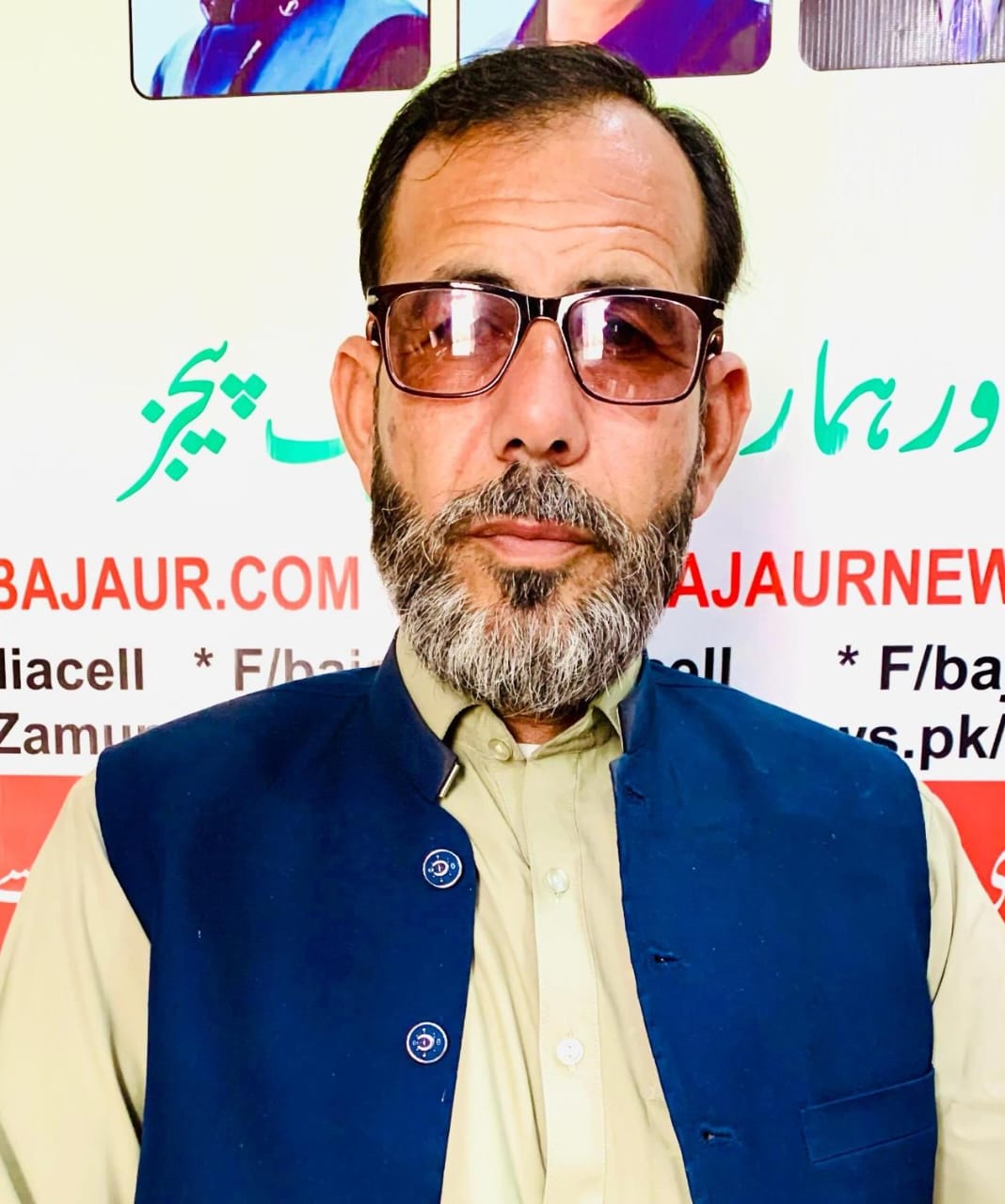By: Anwarzada Gulyar
Extreme weather conditions and unpredictable climatic shifts have increasingly become a part of everyday life across the globe. In particular, the rapid rise in heatwaves is not only affecting human health but also impacting the environment, economy, and daily life. Many countries, including Pakistan, are currently experiencing intense heat — a phenomenon that climate experts attribute to climate change.
Over the past few decades, global temperatures have shown a consistent upward trend. In developing countries like Pakistan, this rise is being felt more intensely, where the infrastructure is often inadequate to cope with its effects, and public awareness is also lacking.
Global research suggests that industrial activities, deforestation, and the excessive use of fossil fuels have significantly increased the levels of carbon dioxide and other harmful gases in the atmosphere. This accumulation of greenhouse gases is steadily warming the planet. The rise in temperature is now manifesting in the form of extreme heat, unexpected rainfall, droughts, and floods.
In Pakistan, the months of May and June are typically hot, but in recent years, the heat during these months has far exceeded normal levels. In several cities, temperatures have soared to between 48 and 50 degrees Celsius — dangerously high for human health. Hospitals are witnessing a rise in heatstroke cases, while rural areas are reporting water shortages and crop failures.
Experts warn that if immediate and effective environmental protection measures are not taken, this crisis could worsen further. Planting trees, switching to renewable energy sources, conserving water resources, and reducing the emission of harmful gases are necessary steps that must be taken both individually and collectively.
The public must also adopt precautionary measures to protect themselves from heatwaves — such as avoiding unnecessary outdoor activities during the day, staying hydrated, and taking special care of children and the elderly.
In conclusion, it is fair to say that the increasing intensity of heat is not a temporary issue but part of a deeper global transformation. Its solution lies not merely in individual actions but in coordinated efforts at the global level.

